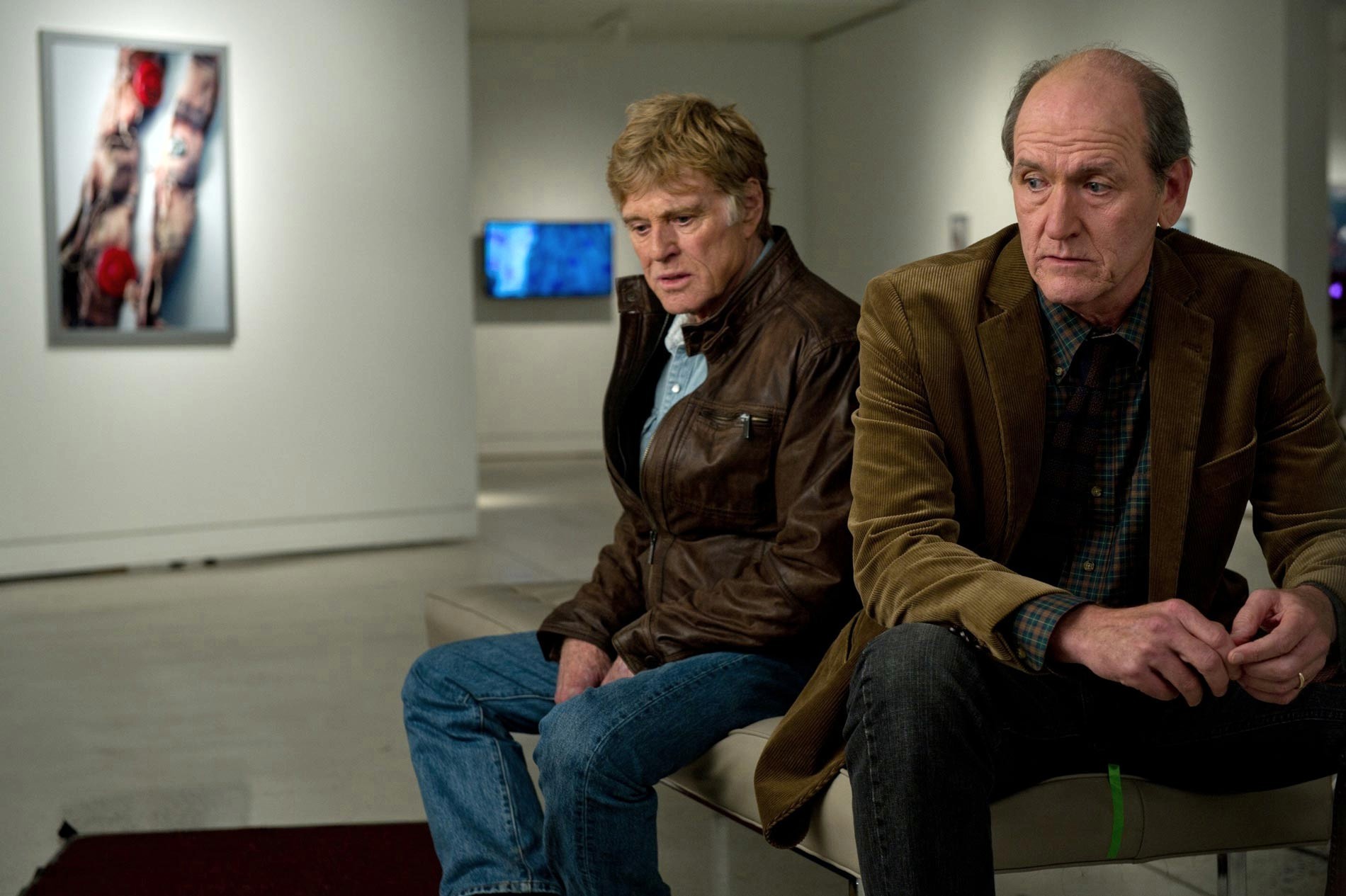Director: Andrea Arnold
Runtime: 162 minutes
More than any other country, America loves to put itself in the titles of movies. American Sniper, American Hustle, American Beauty, American Graffiti, American Gigolo, etc etc etc... At this point, movies with "American" in the title are as American as baseball, apple pie, and really uncomfortable discourse about race. That there are two new movies due out this year bearing the "American" flag in their title isn't surprising. The fact that both are directed by Brits, however, is. Adding to the intrigue is that both films, Andrea Arnold's American Honey and Ewan McGregor's American Pastoral, depict such radically different slices of American life. Hollywood spends so much time inflicting its ideas of other cultures on the cinematic landscape that it's only fair for the tables to get turned now and then.
Which brings us to Arnold's Honey, the first of the two to land in US theaters. Following generally positive response out of Cannes (and the Grand Jury Prize, the fest's equivalent of 3rd place), Arnold's vision of American decay and poverty is quite a wallop. But even though the director and her collaborators offer up a handful of bravura, inspired passages, they are drowned in a nearly three hour journey that covers lots of physical terrain yet rarely goes anywhere. Adjectives like "sprawling" and "freewheeling" seem like inevitable parts of the conversation about American Honey, yet the film earns neither. It's simply too much fat wrapped around a less-than-filling piece of meat.
From her Oscar-winning short Wasp, Arnold has been preoccupied with the lives of the impoverished and the lost, and American Honey is no different. Despite hailing from across the Atlantic, Arnold's vision of lower class America feels spot on. It's not sugar-coated or fetishized, despite the abundance of it that fills the cramped framing. Working with regular DP Robbie Ryan, Arnold turns scenes of spontaneous action into memorable, pseudo-mythic images without sacrificing the grime and grit beneath the surface. Despite the absence of meticulous framing or composition, there are any number of shots and sequences of American Honey that have been seared into my memory. Even something as simple as a close up of the main character's thumb, stuck up to hitch a ride, coated in cracked pink nail polish, lingers thanks to the texture that Ryan's lighting brings to each moment.
Arnold also continues her hotstreak of mostly untrained actors, and getting performances out of them that ring true. Front and center is Dallas native Sasha Lane, making quite a debut, even when she's stuck in a role that eventually runs out of steam on page. Whether concealing a smirk or calmly taking in some strange new sight, Lane is a find on par with Katie Jarvis, the lead of Arnold's Fish Tank. Lane's character Star begins promisingly. A well-intentioned misfit from the rough side of the tracks, Star bolts at the chance to get the hell out of dodge and hitch a ride with a traveling group of wayward youths crisscrossing the country and selling magazine subscriptions.
Despite the wide array of characters, Lane makes a more than able lead, even when going toe to toe with the experienced actors of the bunch. Her on/off chemistry with Jake (Shia LaBeouf) is palpable and messy, and she holds her own against icy group leader Krystal (Mad Max: Fury Road's Riley Keough). The other kids piled into the white van with Lane are all effective in small doses, and Arnold creates an aura of unforced camaraderie among the bunch in the many scenes in which dialogue floats from one end of the vehicle to the other.
But there's only so much Arnold, her cast of misfits, and a killer soundtrack (including the eponymous Lady Antebellum track) can wring out of American Honey's set up. Lane's performance never wavers, somewhere in the second hour her development stops being an arc and turns into a circle. By the time American Honey lurches to a close, it's Keough's Krystal who emerges as the most compelling character, if only because we get the sense there's something more behind her facade. Arnold gives us so much of Star (and even Jake) that she outgrows her status as protagonist. Characters like Krystal leave us with questions and possibilities, while Star and Jake eventually exhaust and exasperate.
And so, for 162 minutes, American Honey casually careens from one episode to another, never quite finding a steady-enough rhythm to become a melody. It's not too much of a good thing, but rather just too much. The exhilarating final minutes, pitched perfectly between bittersweetness and ecstasy, prop up American Honey enough to keep it from collapsing under its own weight. But what those final minutes are tasked with supporting, despite its highest of highs, is too unwieldy to justify the sum of its parts.
Grade: B-




